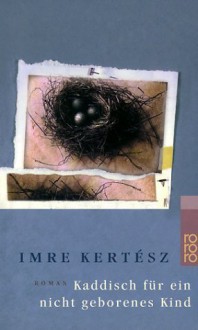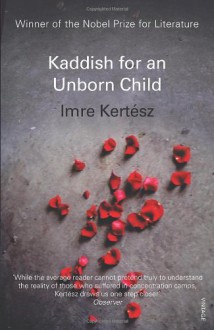Authors writing in English have the edge on those tied to other tongues by their origins. They are more in number, their market is larger, they get more global attention and they are more likely to be translated into other languages. For writers from small language communities, on the other hand, it can be almost impossible to get noticed outside their own countries – it always was. Hungary with her comparatively exotic language is a good example: Dezső Kosztolányi was a writer of certain renown in his country during the Interwar Period and some of his works have even been published abroad, notably in Germany and France, but still he happens to be widely unknown to the world.
Dezső Kosztolányi was above all a journalist, a literary translator and a poet, but the prolific writer also produced several novels and many short stories, particularly from the 1920s until his death in 1936. Up to this day he is considered as one of the great masters of short prose because of the purity and lucidity of his style. In his narratives he mixes humour and melancholy displaying subtle irony as well as tenderness. Moreover, his literary work is marked by a deep insight into the human soul torn between conscious decisions and unconscious urges as well as by a precise analysis of human relations. In a nutshell: it’s high time to bring some attention to his life and his work!
Click here to read my portrait of this Hungarian writer.

 Log in with Facebook
Log in with Facebook 







